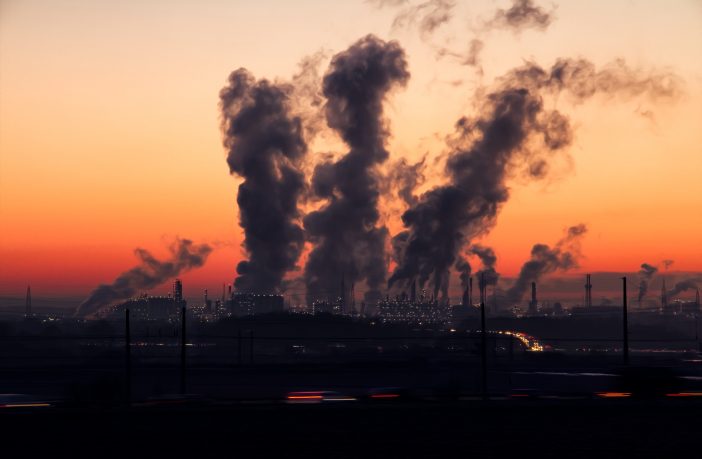- Approval for another new coal-fired power station has been set aside by the High Court in South Africa.
- In an order dated 27 May 2021 handed down today, the Pretoria High Court declared that the environmental approval for the planned 600MW Khanyisa coal-fired power station has expired.
- Khanyisa would have been built on the outskirts of Emalahleni, already plagued by toxic air pollution.
The court order is effectively the final nail in the coffin for the proposed coal plant – backed by Saudi company ACWA Power – which has met countless legal and other hurdles since its inception.
The ruling came as a result of a legal challenge to the project’s environmental authorisation by environmental justice group groundWork, represented by the Centre for Environmental Rights. groundWork launched the litigation against ACWA Power, to challenge the project, in the Pretoria High Court in 2017. It sought to set aside the environmental approval for the plant on the basis that ACWA Power failed adequately to assess the project’s climate change impacts, and that the Environment Minister (the late Minister Edna Molewa) failed to consider climate change impacts before approving the project.
Stopping the Khanyisa coal power station project means that:
- 75,9 million tonnes of carbon dioxide equivalent climate changing greenhouse gas (GHG) emissions will never be emitted into the atmosphere;
- significant air pollution that would have harmed the lives and health of residents of the already severely polluted eMalahleni area has been avoided;
- The pollution from the proposed toxic coal ash dump, the size of 140ha, will never leak into the Olifants Catchment, and negatively impact the important water source and livelihood for 4.2 million who rely on the catchment for their basic needs, fishing, farming, day to day use, spiritual and recreational practices; and
- the South African public has been spared from unnecessary expenditure of 73 billion in comparison to a least cost electricity system (which is renewable and flexible, and has no new coal).[1]
This litigation followed the 2017 landmark Thabametsi court judgment which set a precedent confirming that climate change impacts must be assessed and considered as part of the legally-required environmental impact assessment (EIA) process.
During the course of the litigation, it came to light that Khanyisa had not complied with the conditions of its environmental authorisation, and that its authorisation had lapsed in October 2018. The Department of Forestry, Fisheries and Environment (DFFE) agreed that Khanyisa’s environmental authorisation had lapsed. ACWA, however, persisted with its position that its authorisation was still valid, but did not file answering papers in the litigation to address this. The matter therefore proceeded before the judge on an unopposed basis.
ACWA Power’s Khanyisa coal plant was appointed as one of two preferred bidders under South Africa’s first bid window for the Coal Baseload Independent Power Producer Procurement Programme under a 2012 Ministerial Determination that called for 2500 MW of baseload coal. The other appointed preferred bidder, Thabametsi, withdrew its preferred bidder appointment in late 2020, and had its environmental authorisation set aside by the Pretoria High Court in December 2020.
The Khanyisa private coal power project has faced multiple challenges. On 21 July 2020, the power station’s water use licence (WUL) was set aside by the Water Tribunal for the failure to conduct adequate public participation. The ruling confirmed, for the first time, that climate change is a legal requirement that must be considered when deciding whether or not a WUL application should be granted to a coal-fired power station. The Water Tribunal acknowledged that the Department of Water and Sanitation (DWS) had failed to properly consider the climate change impacts, and, if it had, it would not have concluded that the Khanyisa project would be an efficient and beneficial use of water in the public interest – as is legally required – even if such projects may be technically feasible.
Due to pressure from environmental groups, private banks such as Standard Bank, FirstRand, Nedbank and Absa eventually agreed to withdraw from funding Khanyisa, and Thabametsi.
Without a valid environmental authorisation or a water use licence, ACWA cannot legally commence building the power plant.
Author: Bryan Groenendaal















